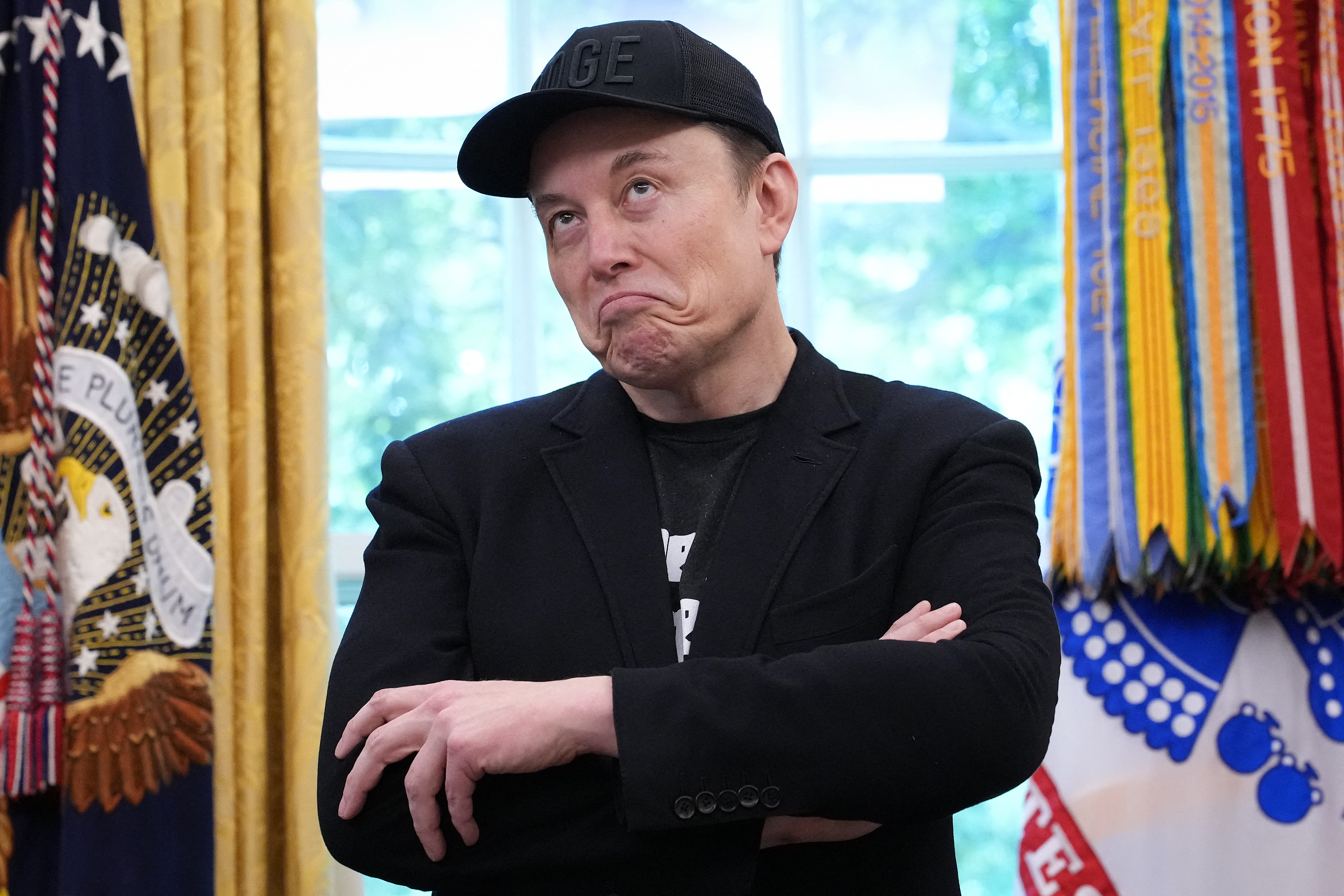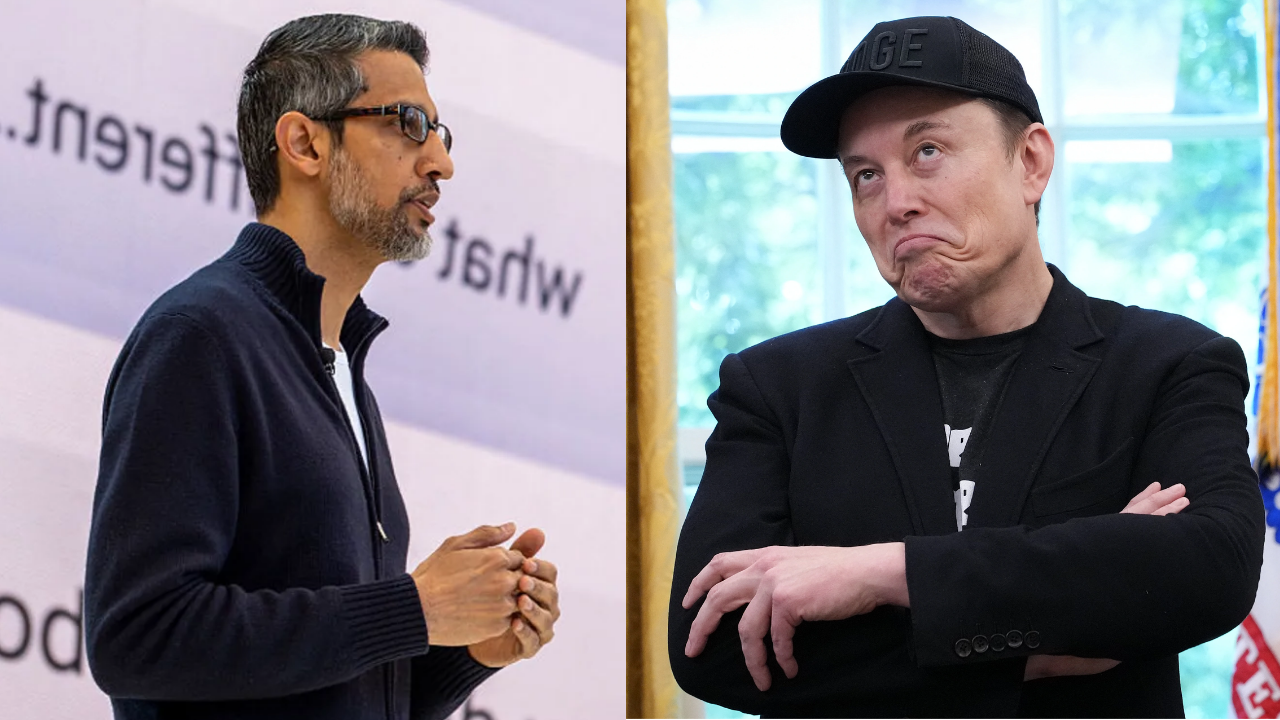In an unexpected turn of events, Google is under fire for quietly rolling out its experimental “AI Mode” across parts of India, effectively turning millions of unsuspecting users into what some are now calling “digital guinea pigs.” This shocking revelation emerged after multiple reports surfaced about strange updates on Google apps and devices in the country, hinting at hidden AI features that collect user interactions for real-time learning and tweaking of Google’s next-generation artificial intelligence models.

The controversy exploded after a leaked internal memo claimed that Google deliberately chose India as its “test bed” due to the country’s massive population, diverse languages, and relatively lax digital privacy enforcement compared to Western nations. The memo, whose authenticity has not yet been confirmed by Google, suggests that user data from Indian smartphones, smart speakers, and even Android Auto systems have been routed through experimental AI servers designed to refine conversational capabilities and predictive responses.
Tech critics say the move exposes how Big Tech exploits emerging markets to stress-test controversial technology before a wider global launch. For Indian users, many of whom rely heavily on Google services for everything from work to entertainment, the revelation feels like a betrayal. “We are not lab rats,” one outraged user posted on X (formerly Twitter), tagging both Google CEO Sundar Pichai and Elon Musk, who surprisingly weighed in on the unfolding drama.

Musk, who has been increasingly vocal about AI risks and ethical boundaries, took the opportunity to slam Google’s approach. In a series of posts, he wrote, “Turning an entire country into a covert AI experiment is beyond irresponsible. AI should empower people, not spy on them. Didn’t we learn anything from Cambridge Analytica?” His comments immediately went viral, sparking a fresh debate over who controls AI and who pays the price when it goes wrong.

The “AI Mode” reportedly works by silently collecting additional contextual data—like how users speak, write, and search—feeding it directly into Google’s massive language models to improve responses on the fly. Some engineers familiar with the project say this approach helps Google’s AI adapt to non-Western accents, idioms, and cultural nuances far faster than closed lab training ever could. But privacy watchdogs argue that using real people’s daily digital lives without explicit consent crosses a red line.
The Indian government has so far remained tight-lipped, though sources inside the Ministry of Electronics and Information Technology suggest they are “looking into possible violations” of the country’s data protection rules. If proven true, this could trigger fines or even restrictions on certain Google services in India, a market the tech giant cannot afford to lose.
What’s more shocking is how deeply embedded this “AI Mode” might be. Tech insiders claim it extends beyond Google Assistant or Search—touching Gmail, Maps, YouTube recommendations, and even personalized ads. The possibility that private emails, location histories, and viewing habits have been leveraged to train experimental AI is fueling widespread anger and calls for a class-action lawsuit.
In the middle of this firestorm, Elon Musk is reportedly preparing a bold counterpunch. Insiders close to X.AI, Musk’s own AI venture, hint that he might launch a new privacy-focused AI alternative in India as early as next year, branding it as the “anti-Google.” Some speculate this was exactly the moment Musk was waiting for—a high-profile controversy to position himself as the champion of “AI freedom” and “digital sovereignty” in emerging economies.

For now, Google’s official response has been vague. A spokesperson stated, “We continuously improve our products through a combination of global data and localized feedback, in line with all applicable laws.” However, they did not directly address whether Indians were informed about their data being used in live AI training.
Meanwhile, public trust in Big Tech continues to erode. Millions are rethinking the cost of “free” services that turn everyday users into unwitting contributors to corporate experiments. And as the scandal brews, the world will be watching to see if India’s government takes a stand—or if Google’s quiet test run becomes the new normal for AI development worldwide.
One thing is certain: Elon Musk won’t let this go quietly. If the memo and claims prove true, India’s “AI Mode” might be the spark that ignites a global backlash against hidden AI experiments, with Musk at the frontlines—ready to remind the world that in the race to dominate AI, the real risk might be how easily people become the product… see more.



